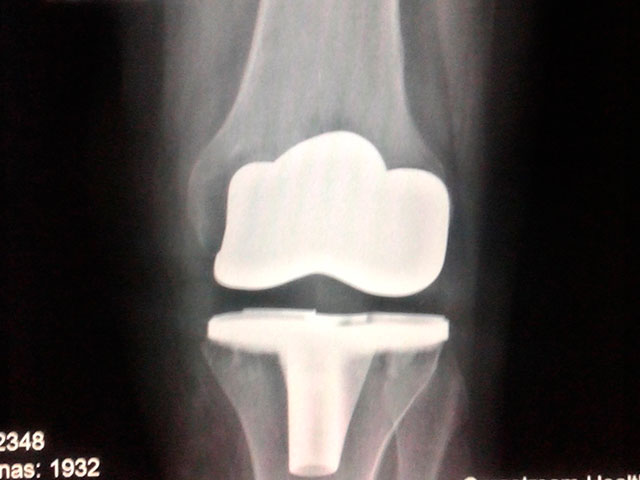Obesity is clearly one of the biggest worldwide issues we have. It is a leading public health concern and increasing in incidence and prevalence around the world. It is a global epidemic. During the past 20 years, the prevalence of obesity, defined as BMI greater than 30, has doubled in adults and tripled in children and adolescents. In addition, the heaviest BMI groups are increasing at the fastest rates and obesity is now the fifth leading global risk for death.
With the increasing global prevalence of obesity, the public and health care systems need to be aware of the link between obesity and total joint arthroplasty.
Published studies have shown a strong relationship between obesity and joint replacement. Likewise, the increase of obesity is driving up the number of knee replacements more than it is driving up the number of hip replacements.
As far as complications studies have shown that once patients get through the peri-operative risk period, they do well. Likewise, there is no evidence obesity influences implant survivor ship, meaning the knee replacement will last as long in an obese patient as it will in a person with a normal weight.
Preoperative weight loss is something we can all discuss, as it makes sense in light of postoperative findings. It makes it technically easier to do the surgery, but it may not substantially change the risk profile for patients.
Dr. Alf Neuhaus, consultant orthopaedic surgeon and further specialized in knee and hip surgery, always informs obese patients of an increased risks for infection and thrombosis. He is very well aware that patient outcomes are good once obese patients are through the peri-operative risk period and that there could be increased costs. However, denying patients access to total joint replacement based on BMI alone, does not do justice to the issue. As a matter of facts research has shown that obese patient, who had the knee replaced and got through the initial recovery period, having regained full range of movement pain free, are more motivated to perform exercises to lose weight, compared to those patients who were told to loose weight first before having the joint surgery.
Please contact us if you would like to know more about joint replacement.

